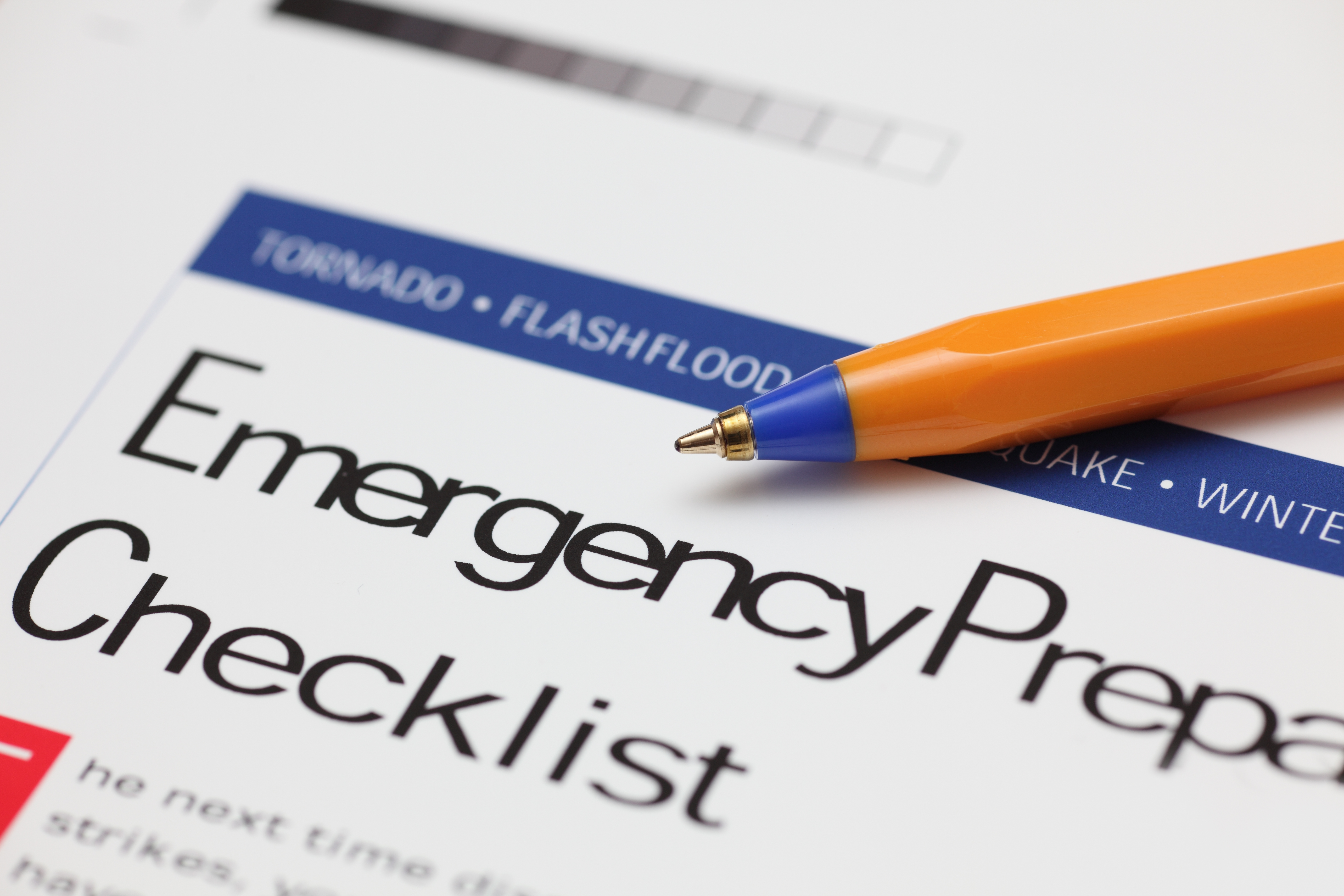When disasters strike, you may need to respond quickly. In the stress of the situation, it may be difficult to remember important details such as phone numbers or other emergency contact information. Take steps now to prepare to best position yourself and your loved ones in an emergency.
Below you will find more information and links to tools and resources to help you prepare for a wide variety of hazards, both natural and from human causes.
Contact information
The Clark County Public Health Emergency Preparedness and Response team is here to answer questions you may have. Email us for more information.
